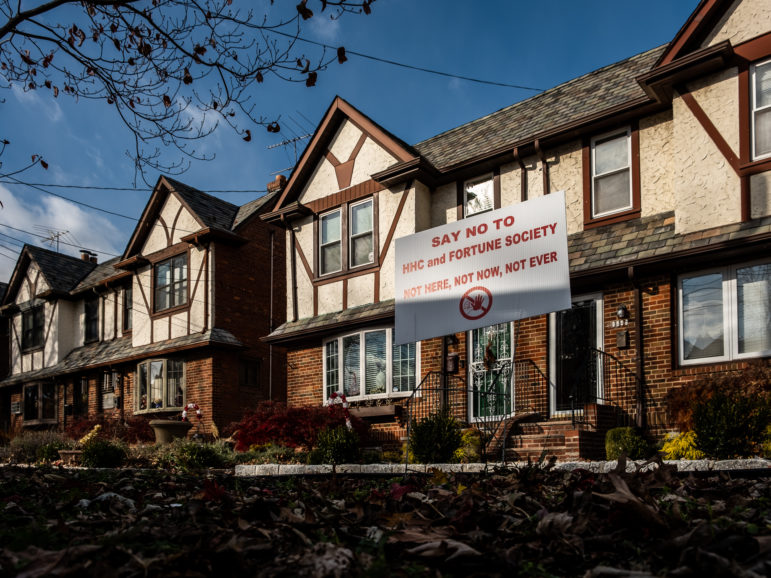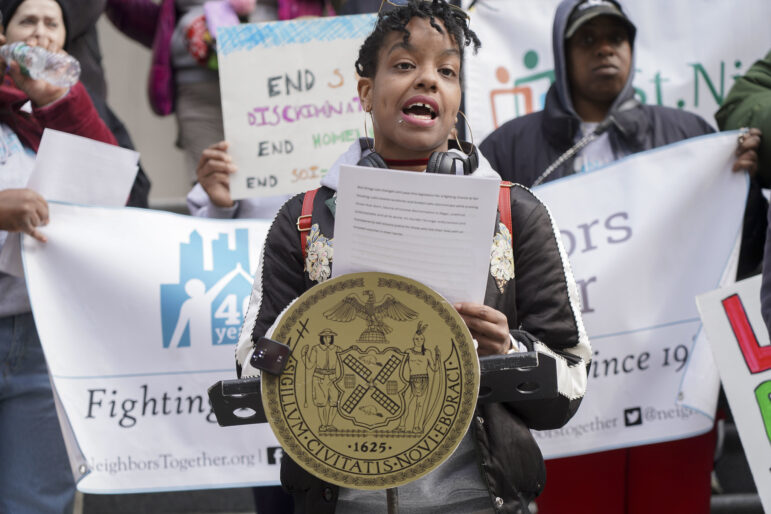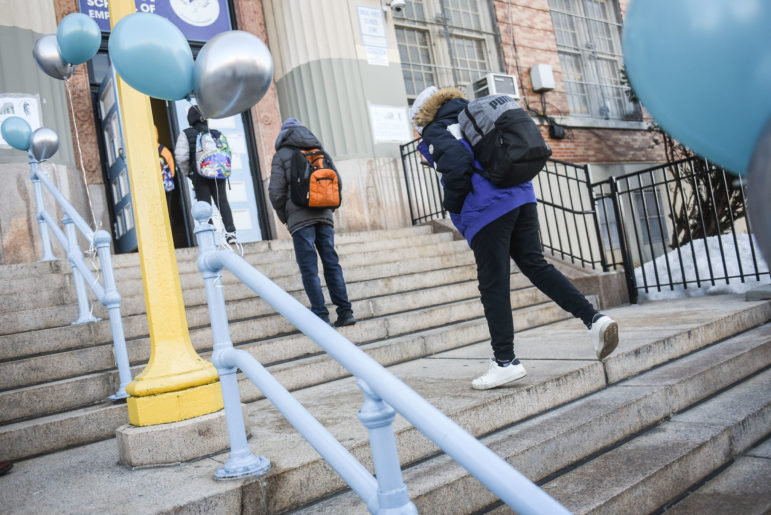
Photo by: Jim Henderson
Work along the Second Avenue Subway route. The CSS survey found broad support for increased spending on infrastructure.
A majority of New York City Republicans favors a major public works program, even if it drives up public debt. People up and down the income ladder generally agree that the Bloomberg era has been better for the rich than anyone else. And voters of all stripes are willing to pay more taxes to support job training and expanded career and technical high schools.
That’s according to a survey published last week by the Community Service Society based on telephone calls to 1,500 New Yorkers from mid-July into mid-August—around the time Public Advocate Bill de Blasio’s “tale of two cities” critque began gaining traction among the voters who’d eventually give him the Democratic nomination for mayor.
The results from CSS (which owns City Limits) separate the city into very broad groups—people living in census tracts with average incomes under $40,000 a year and those in tracts with average incomes above that level. And opinions may have evolved since mid-August, as de Blasio’s rise continued.
But the survey indicates that the most meaningful division in the city is not between low- and upper-income people, or even between Democrats and Republicans, but within the Republican party. This parallels the national dynamic on display during the recent debt-ceiling fiasco.
For instance, take the question of whether people are worried about growing income inequality. More than 60 percent of both low-income and moderate- to high-income New Yorkers said they were. Three quarters of Democrats and nearly three fifths on independents also said yes. Republicans were split down the middle, 49 percent saying no and 46 percent yes. That pattern is repeated, almost exactly, when voters are asked to choose between investing more money in schools and closing schools to foster more competition.
Given all the rhetoric about supposed class-warfare in the campaign, “We found a surprising level of agreement across incomes on what have come to be some of the defining issues of this year’s mayoral race,” the survey reads.
“New Yorkers, at every income level, overwhelmingly agree that the wealthy have benefited most from the Bloomberg years. Sixty-three percent point to the wealthy as having gained the most while only seven percent say the poor, a perception shared by low-income New Yorkers with moderate and higher-income respondents.”








